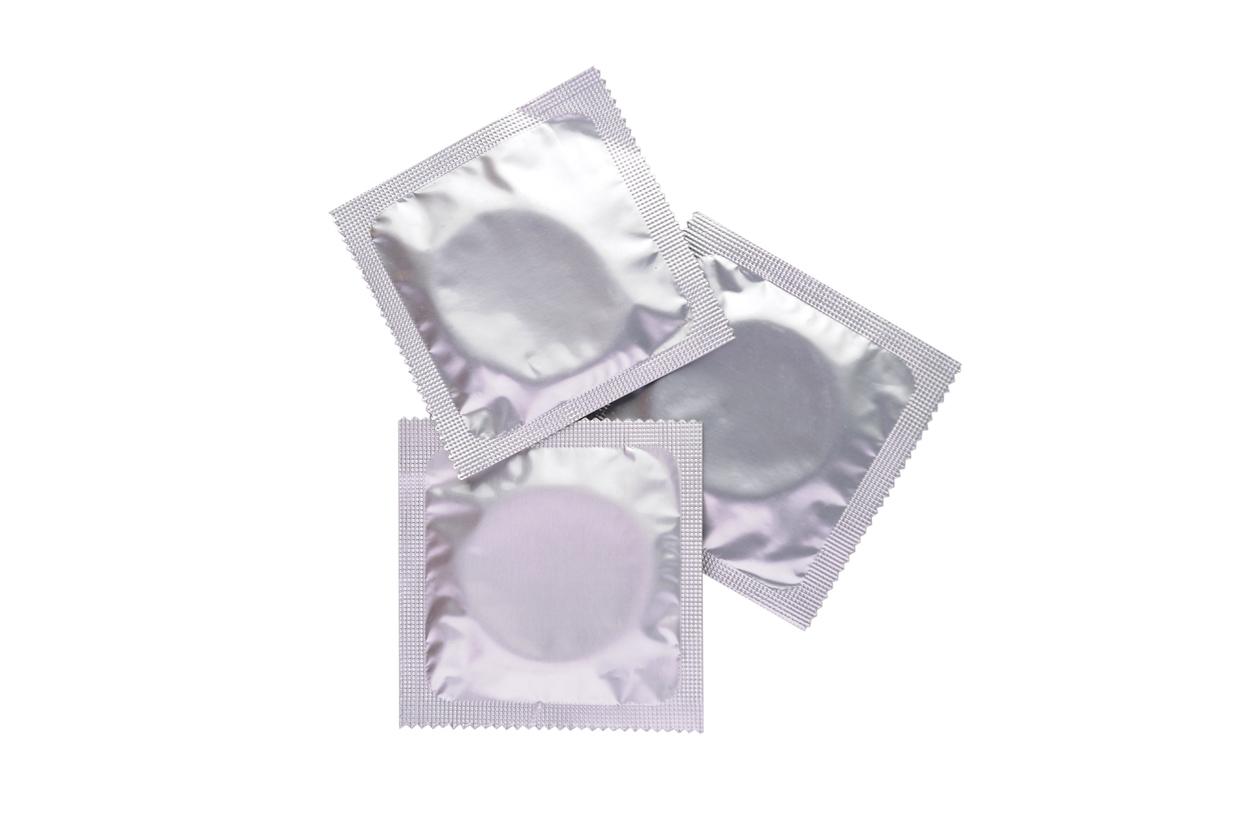If our society tells us all the time that men only have sex in mind, more and more French people suffer from erectile dysfunction. Some even suffer from long-term lack of sexual desire.

At the time of #Metoo, women’s consent is at the heart of global news. In a world still dominated by the male, we speak more and more of feminine desire, more subtle, more cerebral, say the experts. In the United States, the Food and Drug Administration (FDA) has just authorized a new treatment to boost women’s libido who would need it, named Vyleesi. However, although the subject is very little discussed, men don’t always want it either. If it is a question of simple occasional drops in desire for some, others are not at all focused on the thing, which very often exceeds their partner, brought up with the received idea that men “only have that in mind”.
So, according to an Ifop study carried out this year, 47% of French people have already lacked sexual desire, including 18% during the past year. In addition, 57% of them have already experienced erections lacking firmness and 29% have not managed to have an erection at all. “Among the heavy variables affecting this type of disorder, we naturally find age, stress or place of residence: men living in the Paris metropolitan area are much more prone to it (46%) than rural people (36%). But for the first time in France, the study also shows the impact that screen addiction can have on male libido,” notes Ifop.
Thus, young people are not the most sexually active since the proportion of victims of desire or erectile dysfunction is much higher than the average among those under 35 years of age. Those who watch pornographic videos (55%), social networks (39%) or movies and series continuously on platforms such as Netflix (38%) are especially concerned.
One in three men have made up an excuse to avoid sex
And unsurprisingly, a man of ten is complexed by these physical shortcomings. Instead of telling his girlfriend that he did not want to make love, one in three men (33%) has already invented an excuse, fatigue in mind (78%). Very discreet on the subject, men with erectile dysfunction often refuse to consult a health professional (only 26% have taken the plunge). To motivate themselves, they prefer to find short-term alternatives. Thus, 43% resort to pornography while some will go so far as to adopt risky behavior. Thus, 21% of them have recourse to medication, 16% to alcohol and 9% to drugs.
But beyond a punctual erectile disorder, 1 to 15% of the male population would suffer from a diminished or even absent sexual desire. Scientists then speak of hypoactive sexual desire. And unlike erection problems that are easy to identify and treat, these long-term libido blackouts only respond partially to testosterone administrations and even psychotherapies. In order to see more clearly on this evil still so little known, French researchers conducted a study on the subject last year.
Resuming previous work where they had discovered that male sexual arousal was governed by areas of the brain called the claustrum, putamen and anterior cingulate cortex, they compared the brain activity of seven men suffering from hypoactive sexual desire with that of eight “healthy” men facing naughty images. To do this, they used a method that measured blood flow in different regions of the brain. In men focused on sex, the researchers observed a drop in activity in one part of the left orbito-frontal cortex, while the others showed no difference: the activity was maintained throughout in this area.
Women unaccustomed to being physically rejected
The problem would therefore lie in this lack of lifting of inhibition exerted in this area of the brain, explains the study. Eventually, highlighting this blockage could therefore “provide avenues for working with these patients to better identify and modulate the psychological side of the inhibitions linked to hypoactive sexual desire” to psychotherapists, conclude the researchers.
In the meantime, in the absence of treatment or constructive therapies on the subject, a lover’s lack of libido can have disastrous consequences on his marriage or in his relations with his partners. Unaccustomed to rejection, the woman, who is educated in the idea that it will always be up to her to refuse herself, will have tend to take this lack of libido personally. “You don’t want me because I’m not desirable”, “you don’t love me anymore”, “you’re not normal”, she can then launch, upset, to the man who , under pressure, will refuse even less to address the problem and will withdraw each time a little more. Because in addition to the wounded female ego, the male questioned in his sexuality no longer has the impression of being a “man, a real one”.
But if in the vast majority of cases, the vexations of women are only manifested by verbal peaks, it happens that some go against the will of their partner, by taking advantage, for example, of states of intoxication. Despite the difficulty of filing a complaint, the law passed in 2018 on the initiative of the Secretary of State for equality between women and men, Marlène Schiappa, allows to qualify as rape a fellatio received by force or a penetration given under duress, erection and ejaculation n not being markers of consent. Remember that in France, according to a survey carried out in 2006, one in twenty men has already been raped or attempted, half before their 11th birthday.
.
















